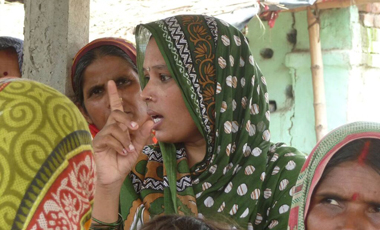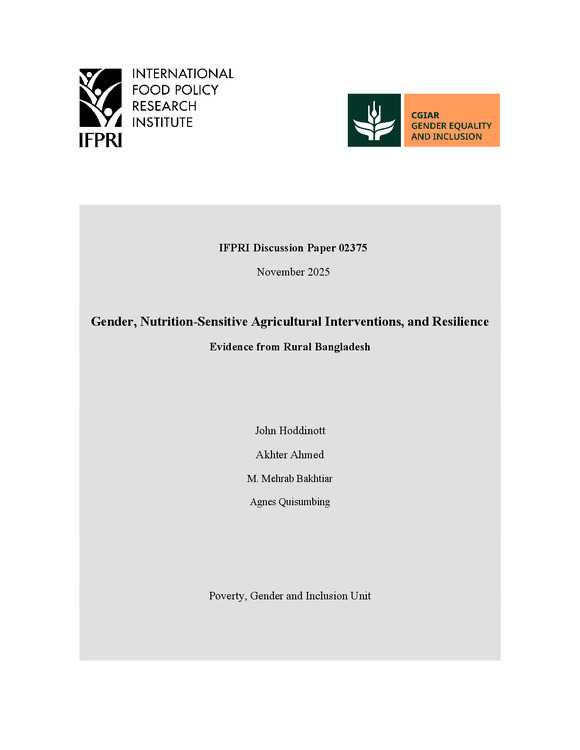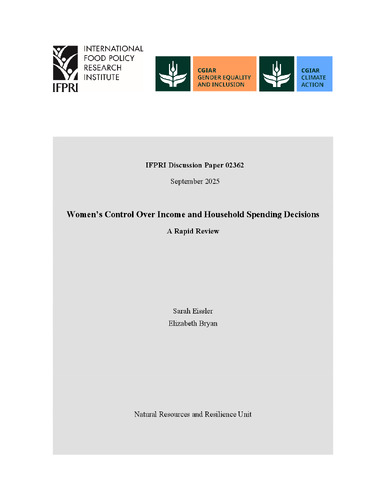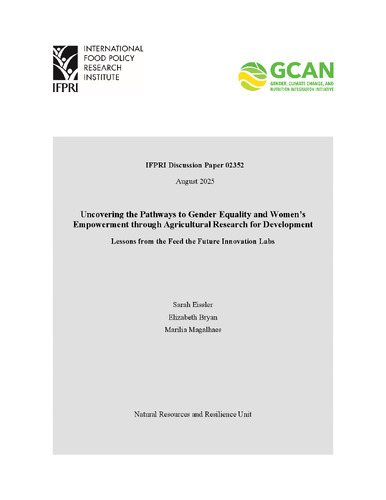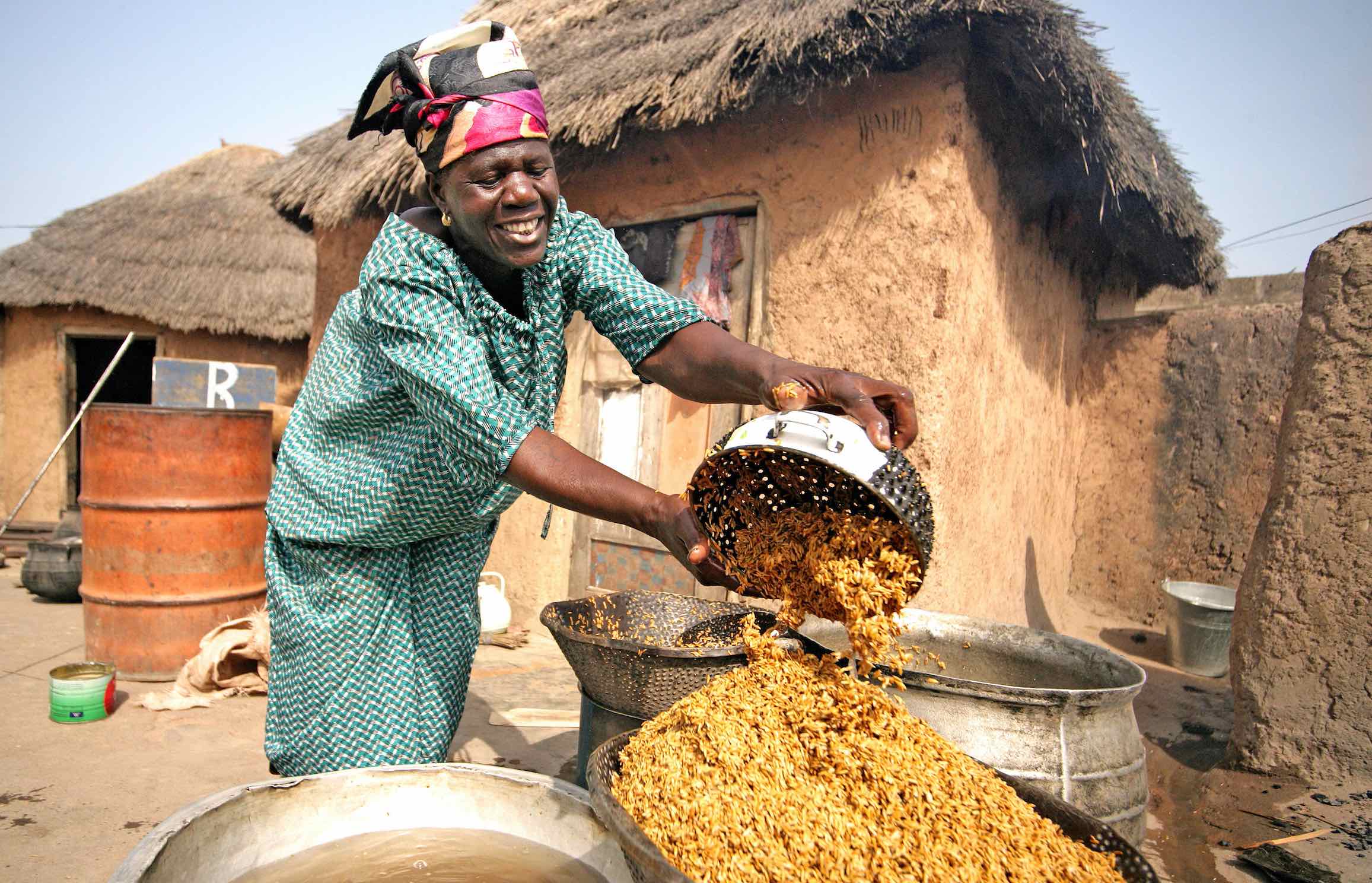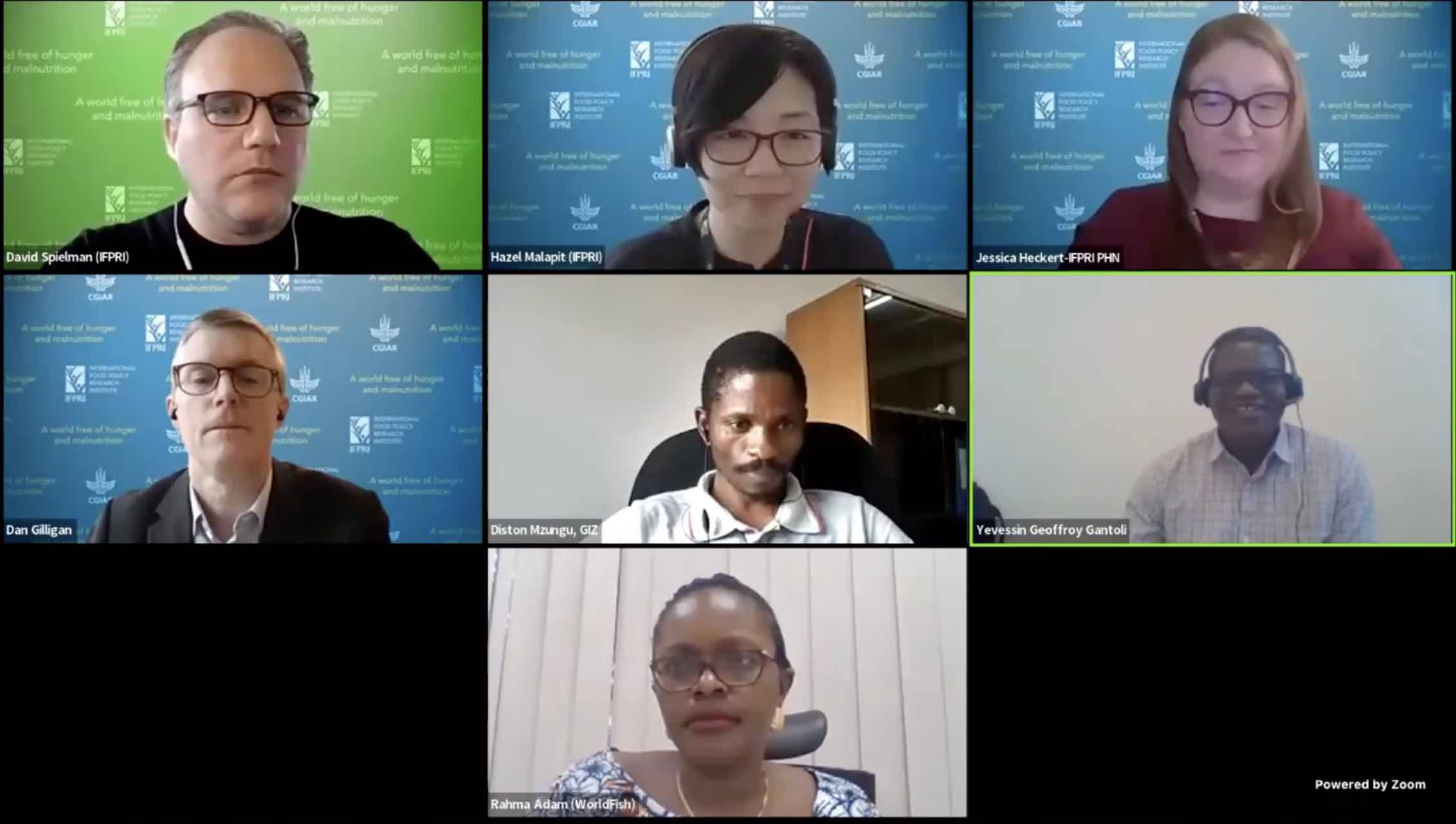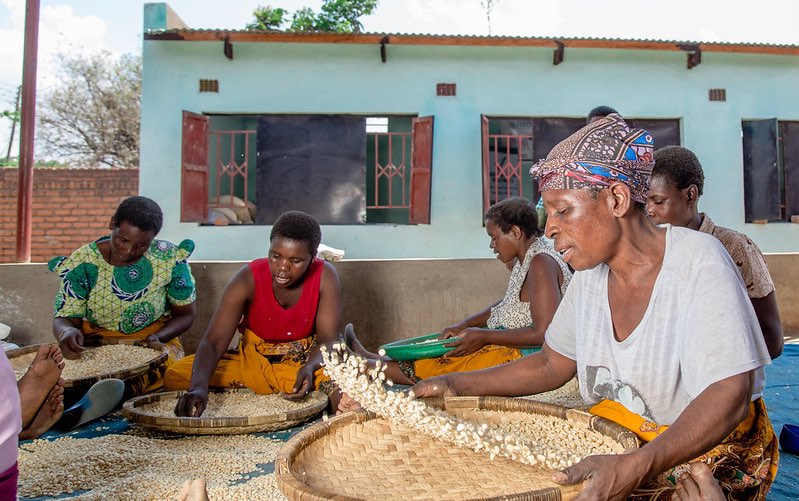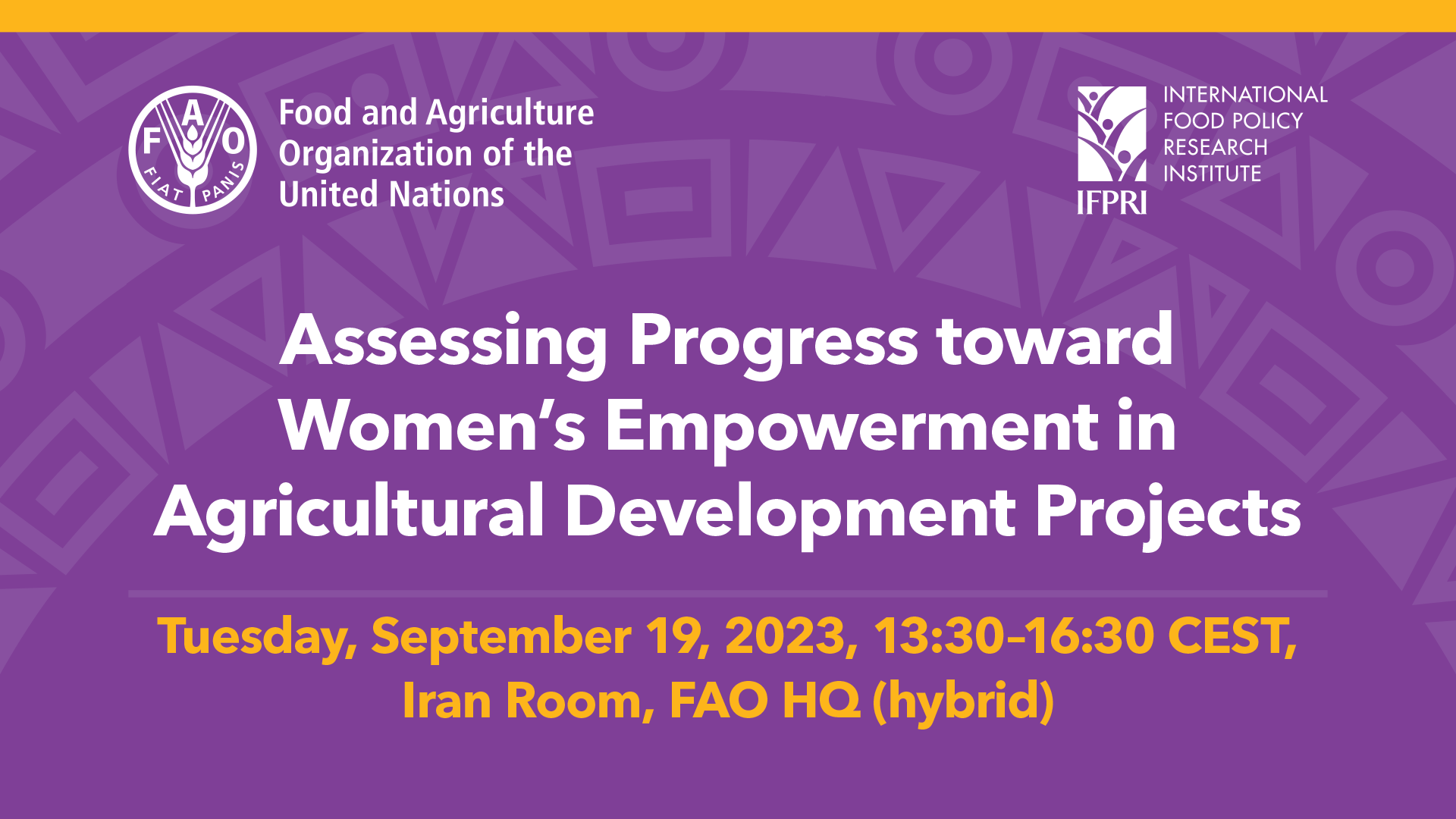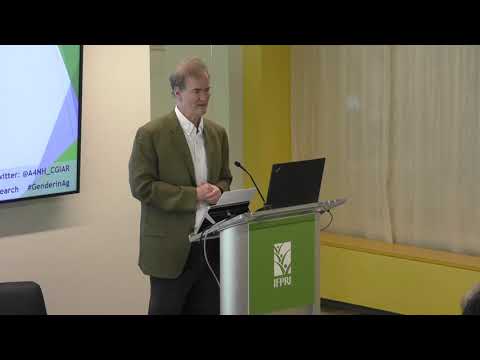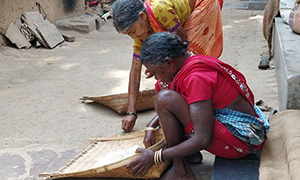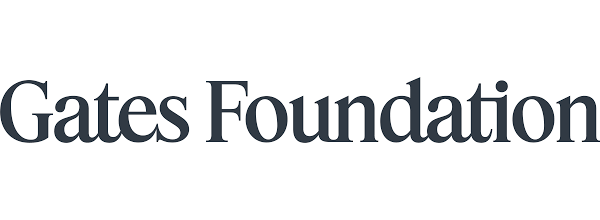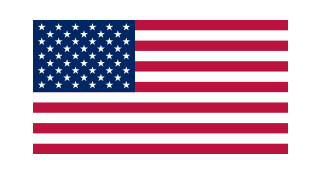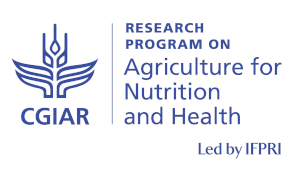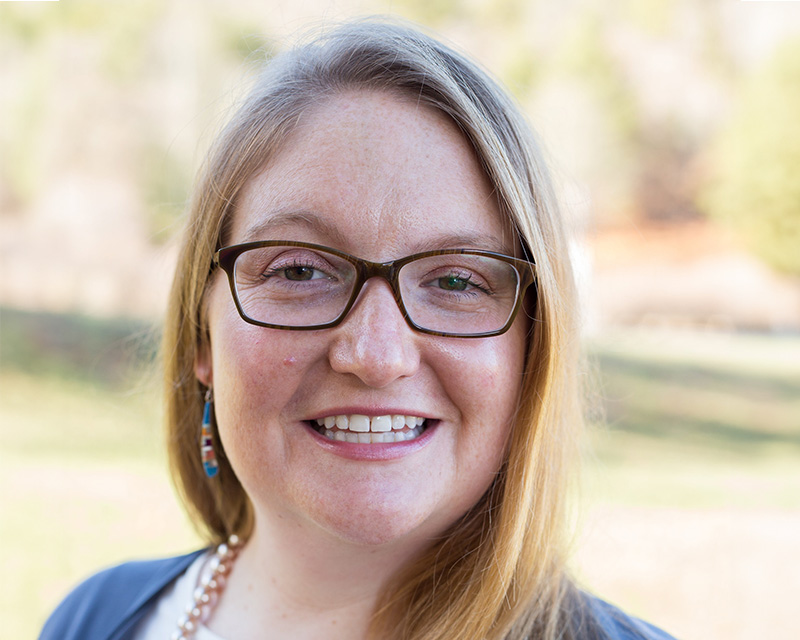Uncovering the pathways to gender equality and women’s empowerment through agricultural research for development: Lessons from the Feed the Future innovation labs
Gender equality and women’s empowerment are important development goals for their intrinsic value as well as for achieving other important wellbeing outcomes, such as improved health, nutrition, and food security. Agricultural research for development plays an important role in understanding gender relations, dynamics, and inequalities and in identifying effective strategies and interventions to achieve these goals. The Feed the Future Innovation Labs (ILs) were initiatives supported by the United States Agency for International Development (USAID) and led by U.S. universities, in partnership with international and national research institutes, with the aim to achieve poverty reduction, food security, nutrition, and resilience objectives. The ILs also aimed to facilitate women’s empowerment and address gender inequality in agri-food systems (AFS).
This study aims to document, categorize, and identify learnings from gender-related research produced by the ILs through an extensive desk review and key informant interviews (KIIs) with gender focal points, researchers, and directors at the ILs. While recognizing the importance of capacity building for gender-related research, we only look at research products and do not review capacity building or other training materials for gender-related research produced by the ILs. As this study is focused on understanding gender-related learnings, we also do not include gender-blind research products produced by the ILs. Based on the final set of research outputs that have at least some focus on gender, we then analyze the gender-related research findings using the reach, benefit, empower, and transform framework. In addition, we also explore the factors that enabled ILs to prioritize and produce gender-related research and learnings.
We draw lessons about the types of research studies that have been carried out under the ILs and the insights that can be gleaned from these studies for designing agricultural innovations and interventions and understanding what works to address gender inequalities in agrifood systems. Much of this work was gender focused and diagnostic or formative. Fewer research studies employed causal methods to understand how interventions are influencing gender equality and women’s empowerment in agriculture. Only a subset of research focused on specific innovations or interventions, which suggests more research is needed in this area, particularly as new innovations are being tested and scaled, as was the objective of many of the ILs. We highlight areas where additional research is needed to inform investments and interventions going forward, such as an increase in integrating gender-informed approaches in research across disciplines, gender-related research that employs causal methods, and in understanding the impacts of interventions that are gender-transformative. Finally, we identify key enabling factors that helped ILs prioritize gender integration, such as institutional leadership’s support for gender integration, sufficient time and budgets earmarked for gender work and staff, and ensuring staff responsible for gender-related research have requisite skills, expertise, and communication skills to work across interdisciplinary teams. Current and future agricultural research for development projects should prioritize gender-related research across their portfolios to strengthen attention to understanding how innovations and interventions can influence gender equality and women’s empowerment in agriculture.
Authors
Eissler, Sarah; Bryan, Elizabeth; Magalhaes, Marilia
Citation
Eissler, Sarah; Bryan, Elizabeth; and Magalhaes, Marilia. 2025. Uncovering the pathways to gender equality and women’s empowerment through agricultural research for development: Lessons from the Feed the Future innovation labs. IFPRI Discussion Paper 2352. Washington, DC: International Food Policy Research Institute. https://hdl.handle.net/10568/175991
Keywords
Agricultural Research; Gender Equality; Women’s Empowerment
Access/Licence
Open Access




